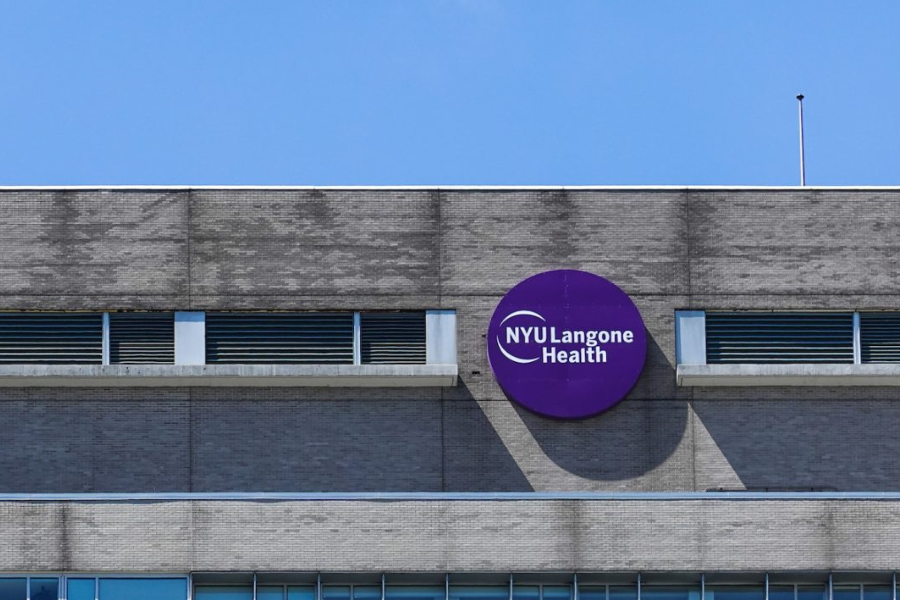Researchers at NYU Langone Health received a $1.6 million grant from the National Institute of Health to study how changes in someone’s eye retina can predict early signs of Alzheimer’s and Parkinson’s disease with the use of advanced screening technologies.
The grant will fund the development and use of visible-light optical coherence tomography, an imaging technology that uses visible light to capture high-resolution images to detect changes in retinal structure — specifically those that indicate signs of neurodegenerative diseases. Vivek Srinivasan, an NYU Langone doctor and associate professor at the Grossman School of Medicine, is leading the study with department of neurology chair and professor Laura Balcer. Srinivasan said that OCT most notably supported progress in Alzheimer’s and Parkinson’s diseases.
“There’s a real need to understand the early disease stages,” Srinivasan told WSN. “What we are bringing — and what Laura has been bringing to the field over the past few decades — is a study of vision in the eye as a big component in these two neurological diseases.”
The grant can be renewed once a year for two more years — meaning the total could potentially grow to $4.8 million. Srinivasan is using the funds to advance OCT technologies by expanding their detail from infrared-light level to micrometer level. With this technology, doctors and researchers will be able to track more minuscule changes in individual retinal cells, which can be used to detect biomarkers for neurodegenerative conditions.
In an interview with WSN, Balcer — who has researched chronic neurological diseases for 25 years — said that many current treatments are contingent on retinal activity. She said that research on Alzheimer’s and Parkinson’s diseases has been limited and that there is now a “big race against time” to develop more treatment plans for these conditions.
“None of the ocular imaging is going to be specific to a particular disease,” Balcer said. “One of the reasons is that we haven’t gotten far enough in Alzheimer’s and Parkinson’s, but the reason we haven’t is that we don’t have the high-resolution OCT that Vivek has built.”
Contact Addison Alvarado at [email protected].
























































































































































